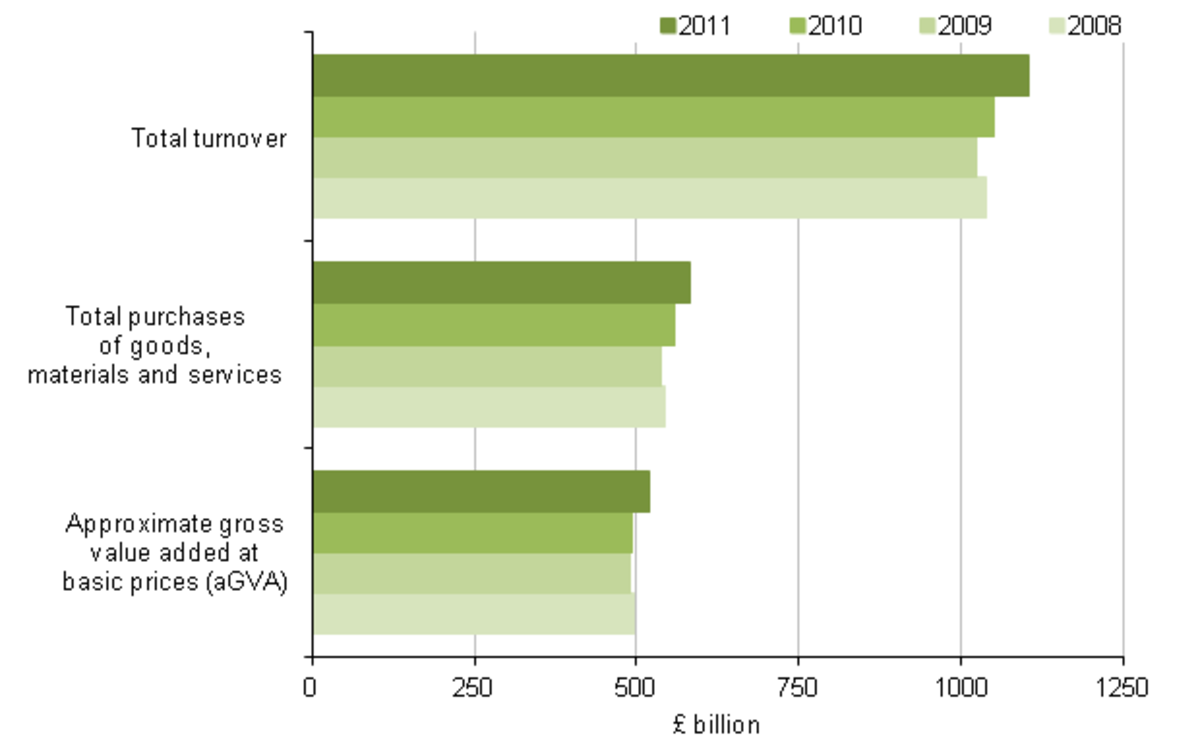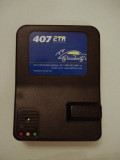How to Fix Bad Credit without Shredding Your Credit Cards
How to Fix Bad Credit without Shredding Your Credit Cards
Bad credit is a result of expenses outstripping available income. It is normally a gradual process that culminates with one being totally unable to meet their debts. When this happens, the solution is not to run away but to determine where, and when it begun.
Expenditure is normally the culprit. It has the uncanny ability of creeping in unnoticed, and multiplies like a virus. Therefore, the first line of attacking ‘unruly credit’ is by looking at the expenses critically. The expenses can be categorized into two major groups namely essential and non-essential. The obvious assumption is that nothing can be done about ‘essential expenses,’ since they have to be incurred. In this group will be expenses on food, rent, utilities, tuition fees and medical insurance.
The second group will comprise of non-essential expenses for example car expenses, clothes, newspapers, cable TV and the like. The assumption is that one can live without them. Unfortunately, the distinction is not that clear cut. For purposes of fixing bad credit, therefore, I would recommend that the classification should on discretionary and non-discretionary expenses. This approach will allow the process of fixing bad credit to take into consideration all expenses, without any preconditions.
The other assumption is that incomes are fixed, cannot be varied as readily as expenses. While this is true in the short term, in the long run incomes can also be varied. For purposes of fixing bad credit we shall assume that income is fixed and is earned regularly. (Forget about working overtime and selling your old electronic equipment, that won't help).
The regularity of income will determine the period of review. If income is received on weekly basis, the expenses should also be on weekly basis. If it is not possible to determine the actual amount on a weekly basis, an estimate should be made.
Taking a piece paper and writing down every item that requires you to open your wallet, hand over your credit card or cash can ensure that a comprehensive list of all expenses is made.
The list should include current debts and a provision of savings of at least one-tenth of the income. This is to ensure that once, the bad credit is fixed; there will be provision for a ‘rainy day’. The amounts of expenses should be totalled and subtracted from the income for the same period. (Simply matching expenditure against available income).
The best method is to list the items in columns. The first column is the item, then the amount currently expensed, then the third column will be the first review. The review will allow each item to be scrutinised and justified. (By review I mean questioning the amount, the validity, the necessity, the alternatives and so forth).
After a number of reviews and justification, the expenses should be equated to the income.
For example, food is an essential expenditure, but there will be sizable scope of discretion in the type of food, the nutritional value, taste, availability and cost. You may need to reduce those "eat out nights." The amount that meets all the most attributes will be taken. Therefore, the menus, for each meal may have to be specified for each period and costed depending on availability, convenience and so forth. Personal hygiene can also be classified as non- essential but again there will be a big scope of discretion. (If you are not an athlete perhaps you should not take five showers per day, neither do you want to loose your job for stinking like a skunk in the office for not taking a bath daily).
When all the items have been classified and justified, expenditures will be equalled to income.
The next phase will be the execution of the plan. This is the hardest part and will call for serious determination. The compliance to the planned expenses will determine the success of the exercise.
Once this exercise is repeated for a number of times the desired result of a balanced budget will have been achieved. Constant review will ensure that at the end of the period the incomes and the expenditure is equal and any unforeseen loopholes where expenses are incurred without matching income avoided. Each review will entail justification of the amount, investigation of best discounts, to cutting out any unnecessary amounts. (After some time, it will amaze you to discover the amount of unnecessary expenditure you take for granted).








